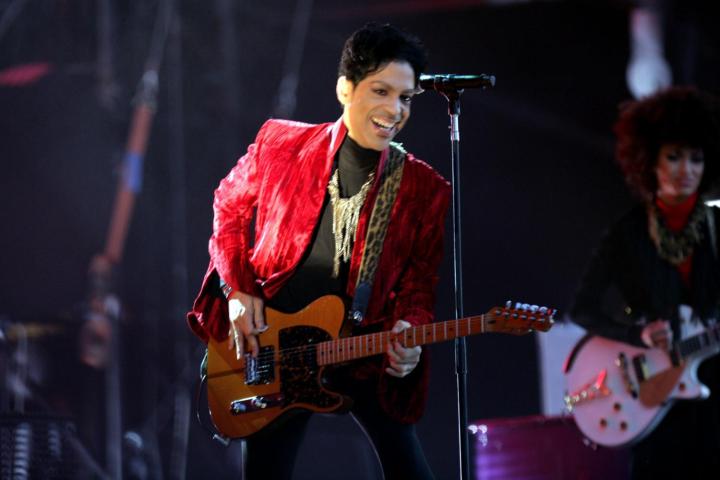
The pop star was responding to a fan’s questions about why his concert footage and other original content isn’t available on YouTube when he started ranting about the site’s practices. The series of all-caps tweets have since been deleted, but were captured by Consequence of Sound.
“SINCE YOUTUBE DOESN’T PAY EQUITABLE LICENSING FEES, ISN’T THIS A NONSENSICAL QUESTION? PEACE,” the pop star wrote in reaction to questions as to why so much of his content is constantly being removed from the site. The musician followed up, “?: SHOULDN’T UR CONCERNS B DIRECTED AT YOUTUBE AND NOT HERE?”
Prince, who is currently touring the world as part of his Piano & A Microphone Tour, has exhibited extreme sensitivity when it comes to live performance videos making in onto the service. The singer has long been a stickler when it comes to copyrighted material, being very particular about his record contracts, where and how he releases songs, and what content is available for audiences on free streaming services like YouTube.
But concerns over royalty payments from unpaid streaming services are not just a problem for the highest level musical elites. Many smaller musicians have taken issue with the free streaming arms of Spotify, YouTube, SoundCloud, and other such services, saying that they simply don’t pay enough in royalties to anyone.
The numbers back up Prince’s claim that YouTube’s licensing fees are extremely low. Last year, a healthy resurgence in vinyl sales generated more revenue on its own than all of the hundreds of billions of plays on every free on-demand streaming service combined.
In Prince’s case, there is an extremely valuable brand to protect by not allowing unlicensed distribution of content. And the musician’s exclusivity is what helps sell out massive tours in minutes and fuels more-profitable physical album sales.
That said, Prince isn’t so anti-streaming as to boycott the industry entirely. Last year, he surprise-released new content via Jay Z’s Tidal streaming service, which claims to pay artists better than other services.
Until YouTube can come up with a more equitable deal for the man in purple, he will continue pulling content from the service as it pops up. With so much good stuff that fans want to get their eyes on, that’s a sad prospect — but probably not enough for the company to change its policies.



